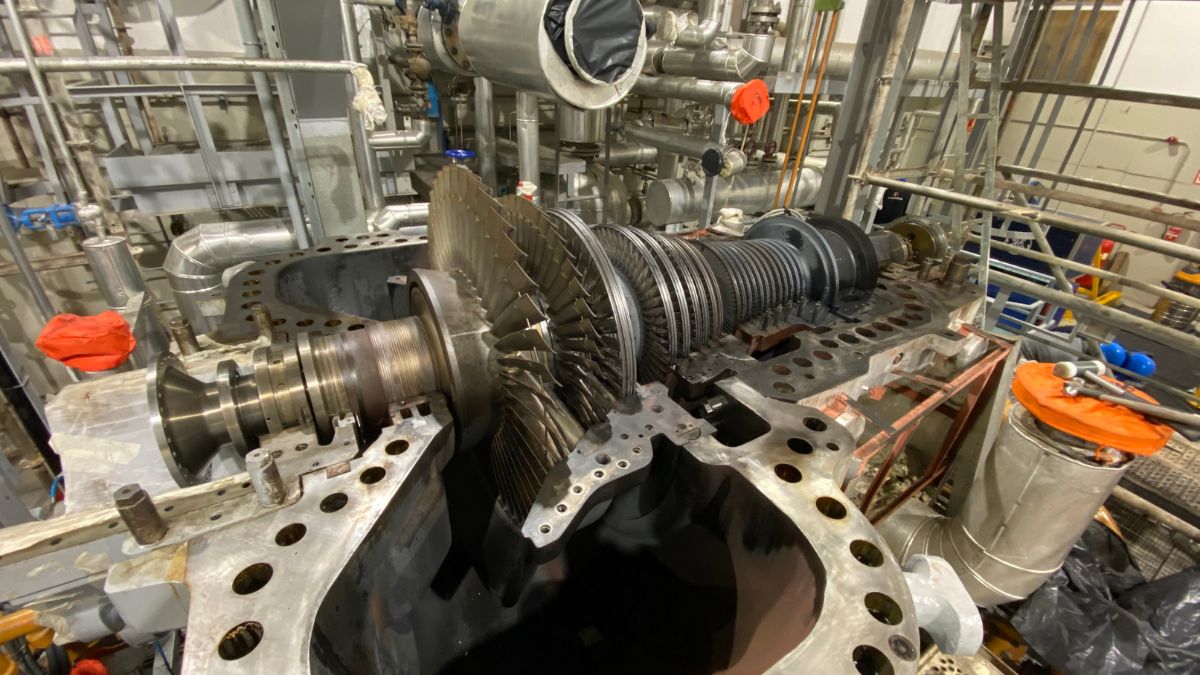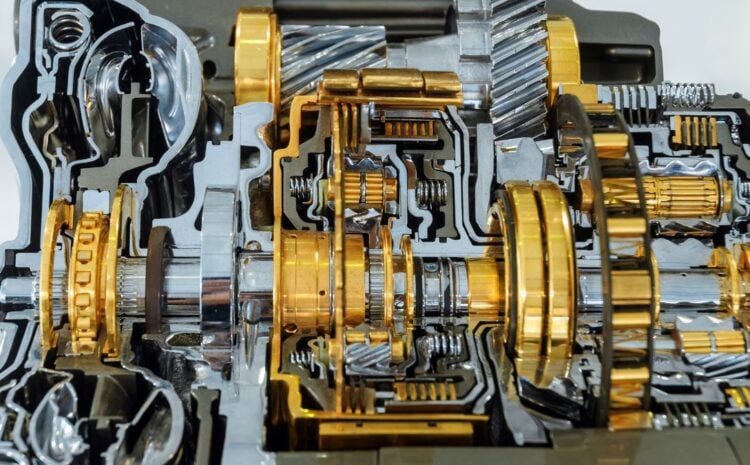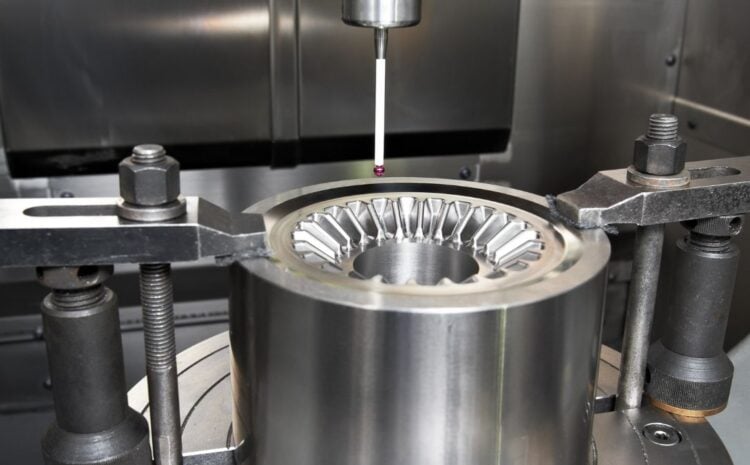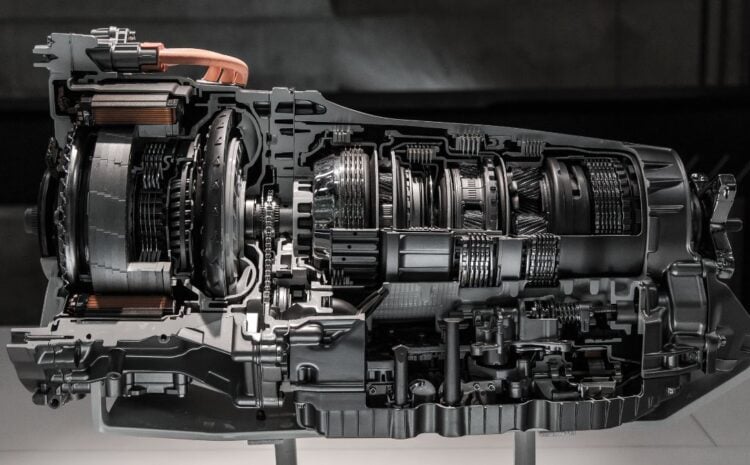The unsung heroes of the modern world are industrial gears. From the cars we drive to the equipment that makes our products, they are almost everywhere. You use the magical power transmission of gears every time you turn on a light or start a vehicle. But it takes a lot of skill to make such intricate pieces. Manufacturing industrial gear is a complex process, and it has its drawbacks. In this article, we will discuss the common mistakes in gear manufacturing and provide insights on how to avoid them.
A Glimpse Back in Time
Our journey with gears goes way back. The ancient Greeks first conceptualized them, and since then, the types of gears we’ve created – from bevel gears and spur gears to planetary gears and worm gears – have only grown in sophistication. Today’s gear manufacturers carry the weight of centuries of gear design wisdom.
The Precise Art of Gears
Imagine trying to craft the perfect toothed wheel, where every gear tooth is an artwork of precision. One slight misstep, and the whole setup could be compromised. This precision ensures smooth gear meshing, efficient power transmission, and long-lasting functionality.
Challenges in Gear Manufacturing
Let’s delve deeper into some of the common mistakes in gear manufacturing:
- Material Selection Errors: High-quality materials are the backbone of any reliable industrial gear. It’s shocking how often this fundamental gets overlooked. Using inappropriate materials can lead to premature wear, inefficiency, and eventual failure.
- Misjudged Gear Design: Gear ratios aren’t just numbers; they’re the science behind how gears interact. Whether it’s the difference between helical gears and straight-cut gears or the specifics of bevel versus spur, every gear design decision impacts the final product’s efficacy. An incorrect number of teeth or an unsuitable tooth profile can throw off an entire gear train.
- Machining Misadventures: Let’s face it, even the best of gear designs can falter if the actual manufacturing process isn’t up to par. Inaccurate cutting or finishing can lead to imperfect gears gear assembly and disruptions in power transmission.
- Skimping on Quality Control: “Looks good enough” is a phrase no gear manufacturer should have in their vocabulary. Rigorous quality checks ensure that each gear, whether an epicyclic gear or a simple spur, meets the gold standard.
- Overlooking Heat Treatment: Gears undergo much stress, especially in power transmission roles. Heat treatments can fortify them, giving them a longer, more efficient life. Neglecting this step can spell doom for the gear’s durability.
Embracing Modern Solutions
The evolution of technology has brought with it tools that gear manufacturers can use to sidestep these pitfalls:
- CAD Magic: Advanced CAD software has revolutionized gear design, allowing for intricate designs that account for every gear tooth’s minutiae, ensuring optimum performance.
- The CNC Edge: Gone are the days of manual errors. CNC machining offers precision, consistency, and efficiency in bringing those CAD designs to life.
- 21st Century Quality Checks: Today, quality control isn’t just a pair of eyes examining a gear. Sophisticated tools can detect even the slightest anomalies, ensuring that each gear tooth is perfect.
Ensuring Gear Perfection
For those looking to venture into the world of industrial gears or simply up their game, here are some tips:
- Never Stop Learning: The world of gears—from planetary to helical—is vast. Always stay updated with the latest in gear design and manufacturing trends.
- Invest in the Best: Whether it’s the latest CAD software or a cutting-edge CNC machine, investing in high-quality tools and training can make a world of difference.
- Partner Smartly: Sometimes, it’s not about doing everything yourself. Companies like Extruder Gearbox Repair are your one-stop shop for all your repair and remanufacturing needs for all types of gearboxes.
Conclusion
Industrial gears are essential for power transmission in various industries, but they also require high precision and quality in their manufacturing process to ensure optimal performance and durability. By avoiding common mistakes in industrial gear manufacturing and following best practices and guidelines, you can produce high-quality and efficient industrial gear for your applications.
You can contact us at Extruder Gearbox Repair if you need assistance with manufacturing industrial gear. We can assist you with your gear production needs as we are industrial gear manufacturing specialists. For a free estimate and knowledgeable consultation, contact us right away!



